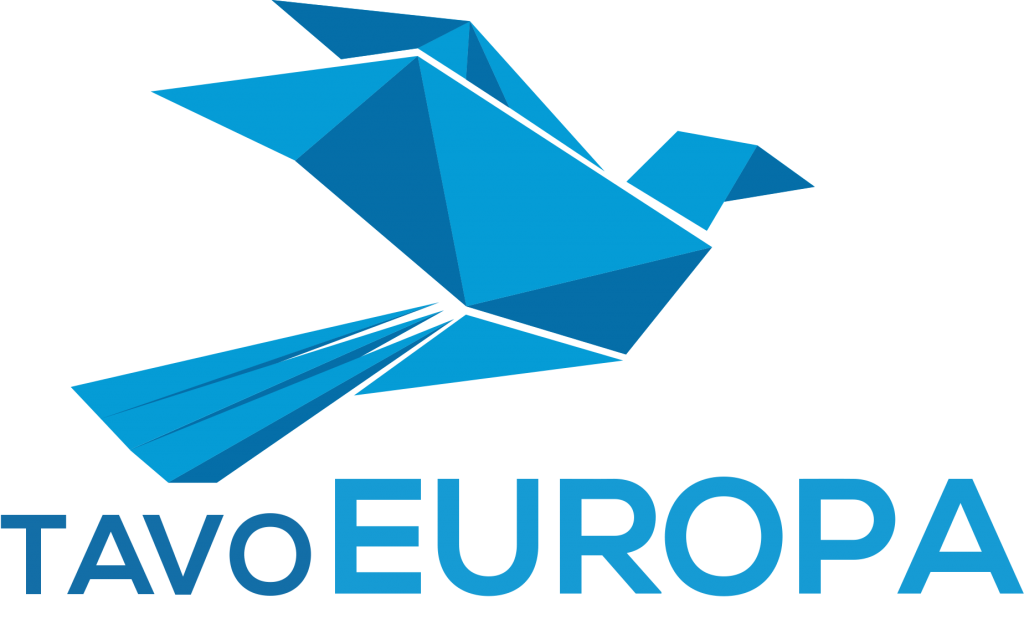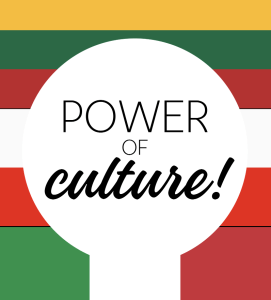Duration: 01-09-2019 – 31-08-2022
Project number: 2019-1-TR01-KA201-076895
This project was initiated following a publication in the UK of the results of a large-scale survey – the BBC Loneliness Experiment – that explored the role of belongingness in different cultures. In the publication, it was clear that a lack of belonging was a common, but often confusing, experience for adolescents. Here in our Turkish High School, we had been discussing that very issue, and our teaching and counselling staff were all very excited by the work done in the UK by the researchers from the Universities of Manchester and Exeter, who had played a major role in the BBC Loneliness Experiment. The importance of the issue of social well-being was also recently highlighted again by the special Joint Information Society Committee Horizon report “The mental health and well-being challenge in FE and HE” which addressed a different age group but demonstrated also clearly the importance of well-being for learning. Teachers and counsellors at the Turkish High School were looking at ways to overcome issues of belongingness among their student cohort, noticing that feelings of disconnection were heightened among students during transition years: it seemed that in those years when students move from one level to another or from one group to another, they have problems that seem to be related to feelings of not yet belonging to a group, feelings that affect their overall feelings of well-being and learning effectiveness. For that reason, the High School teachers and counsellors contacted the UK researchers that were behind the BBC Loneliness Experiment to see if they could work together to better understand the issues of belonging in their students and build a strategy to support adolescents during difficult transition periods. Informal discussions with other schools and youth organizations across Europe suggested that many felt they had to deal at some stage with this issue among young people. Joining forces, we decided to develop our ideas into a larger project that would allow the partners to look for common solutions to help young people manage their loneliness experiences to feel more connected in their communities and schools. The project consortium was deliberately put together to include research capacity and expertise specifically related to this issue of belongingness among adolescents, educational expertise, with teachers and youth organisations representing adolescents in the relevant age groups (transition years) to ensure that the project has the right scope. The partners were also selected to represent different socio-cultural and socioeconomic strata across Europe, again to be sure that the project results in relevant and concrete outcomes that are acceptable across the whole target group.
The intense involvement of adolescents in the project work from the beginning of the project is important. Using innovative co-design and hackathons guarantees that the project will stay focused and on track to come up with realistic and useful solutions that will have a real impact for adolescents and that can be applied beyond the communities of the partnership. To that effect, the partnership will actively disseminate their progress throughout the project and the final outcomes at the end of the project. Those outcomes include (1) a researched and validated pedagogical framework that defines and describes the issue and offers methods and strategies to teachers, youth workers and counsellors to overcome the issues; and (2) the teachers, youth workers, and counsellors will build concrete teaching, learning, and guidance materials based on that framework and test those in real-life situations in their schools and organisations, and in other associated schools and organisations. The third outcome tries to meet the need to address on a permanent basis this need for social wellbeing and belongingness, that means outside school hours and outside the context of the organisation, namely at the adolescent’s home or circle of friends, whenever or wherever the adolescent feels the need. Together with the adolescents, the project team will develop an application that will be accessible online anywhere anytime and that will respond to their needs. Especially for this task, a technical partner was recruited, with experience in educational technology.
The formal and informal learning and teaching materials will support adolescents to create a sense of value and belonging within their environments and communities. They are aimed to have a long-term impact on social inclusion and are expected to have also a secondary impact on early school leaving or other issues such as bullying. The user-oriented project methodology will help all involved and especially the adolescents in the acquisition and development of basic 21st Century skills and key competencies like creativity, critical thinking, communication and collaboration.




